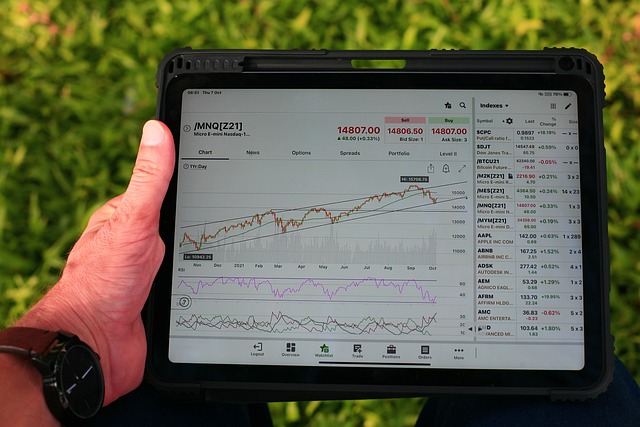Options provide diversification opportunities. While the dangers are significant, so are the benefits. The truth is that with the correct knowledge, almost any investor can experiment with options.
Want to jump on the options trading? This options trading blog cuts through the jargon to get to the heart of this adaptable method of investment.
What Exactly Is Options Trading?
Options trading sometimes appears to be more difficult than it is. If you’re seeking a simple definition of options trading, try this:
When you purchase an option, you have the right but not the obligation to trade the underlying asset. If you choose to do so, this is known as exercising the choice.
Several groups bring traders together to discuss topics such as the current market outlook and options trading tactics.
What Is A Stock Call Option?
When you acquire a call option, the underlying asset gives you the right to buy it from the option provider at a certain price within a given time frame. The sum you pay is referred to as the striking price. The expiry date is the final date for exercising a call option.
What Is A Stock Put Option?
A call option is the inverse of a put option. Instead of granting you the right to buy, a put option allows you to acquire the underlying asset, you are given the right to sell that security at a certain predefined price, which is referred to as the “strike price.” Put options are more common than call options.
Put options have expiration dates as well. When you can use them, the same style rules (i.e., American or European) apply.
What Is The Process Of Trading Options?
Options trading may be done through an online brokerage account that enables for self-directed trading. Here are a few crucial elements to remember while learning how to trade options.
What Exactly Is A Put Purchase?
When you purchase a put, you are purchasing a contract that offers you the opportunity to sell an asset at a specific price by a specific expiration date. A few points to think about before buying a put include:
- How much you want to spend;
- How long you want to invest; and
- Expected price changes for the underlying asset
Purchasing put options might make sense if you believe the underlying asset’s price will fall before the expiration date.
What Exactly Is A Call Purchase?
Purchasing a call involves purchasing a contract to acquire a certain stock or asset by a specified expiration date. When purchasing call options, the same variables must be considered as when purchasing put options.
Purchasing call options might make sense if you believe the underlying asset’s price will climb before the expiration date. For example, suppose you purchase a call option on 100 shares of ABC stock, expecting a price gain.
Your call option contract grants you the opportunity to purchase shares at $50 per share. Meanwhile, the stock price rises to $100 per share. You may utilize a call option contract to essentially acquire that shares at a discount.
How To Interpret A Stock Option Quote?
Options based on stocks, sometimes known as “stock options,” are a suitable starting point for traders new to options. Stock options are posted as a quotation on markets such as the New York Stock Exchange.
Before making a decision, it is critical to grasp the specifics of a stock option quotation.
A normal stock option quotation consists of five parts:
- A stock symbol is what is used to identify the underlying asset associated with an options transaction.
- The option’s expiration date is the day on which it will expire.
- The strike price is the price at which you can exercise your option.
- Type denotes the type of option, i.e., call or put.
- The premium is the cost of purchasing the option contract itself.







